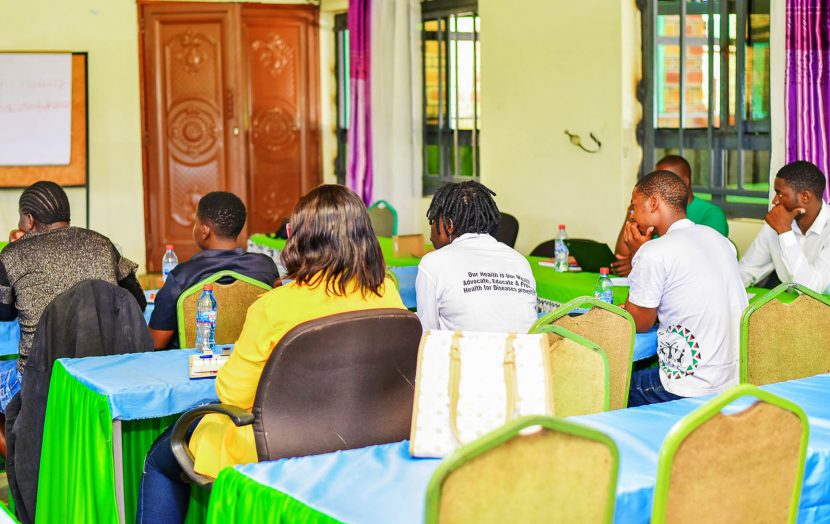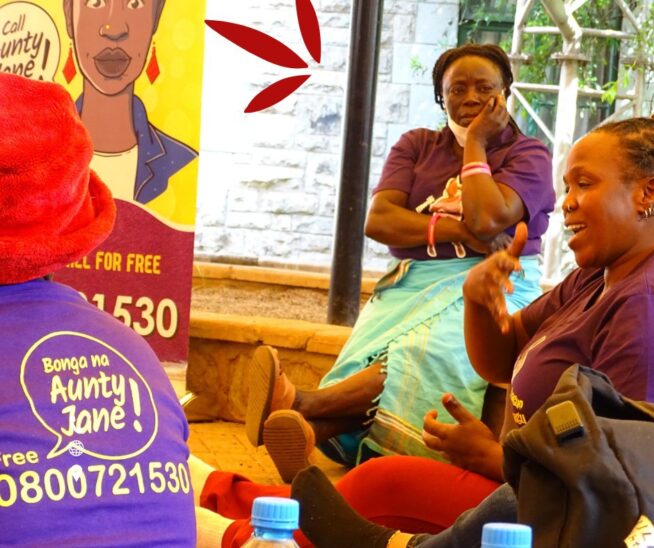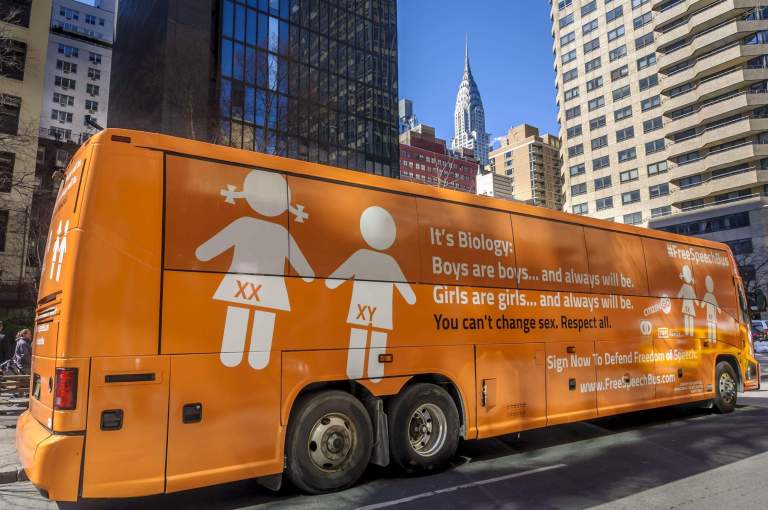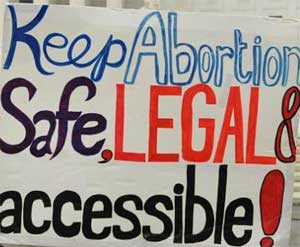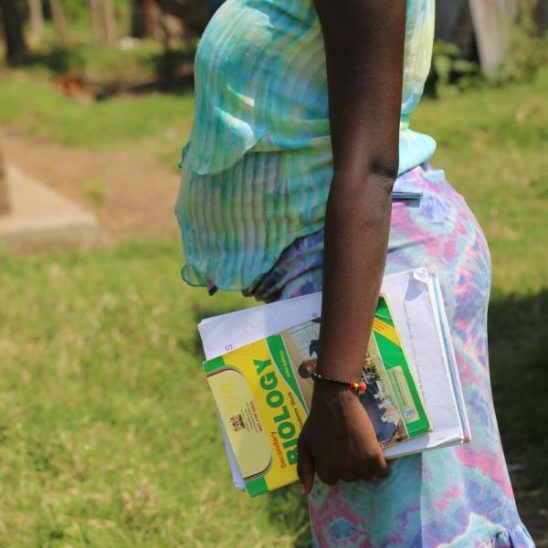We must invest in sex education to save adolescents
Many adolescents in Kenya and Sub-Saharan Africa are sexually active if the high birth rates that have been reported is anything to go by. The devastating impact HIV/AIDS, the many unintended pregnancies which have pushed some of the young people into unsafe abortions, and the risk of being infected with Sexually Transmitted Infections (STIs), means addressing the sexual and reproductive health needs of adolescents is of essence. There is therefore need for all stakeholders to join hands in protecting the health of adolescents which must be given priority as we seek to improve public health. So how do we go about this? There should be increased investment in improving sexual and reproductive health of adolescents. This will also contribute to economic growth as the young people will grow into healthy and productive adults. Many countries have prioritised Adolescent Sexual and Reproductive Health (ASRH) because this age group constitutes a huge portion […]

